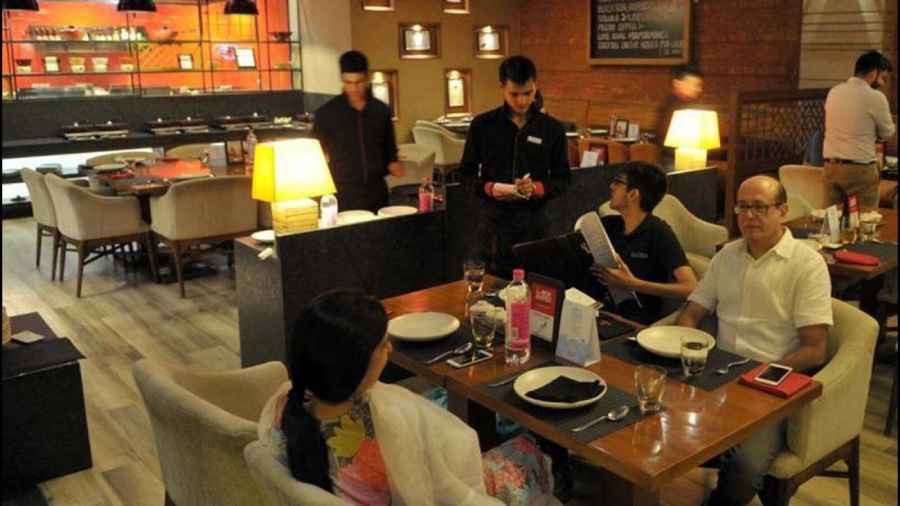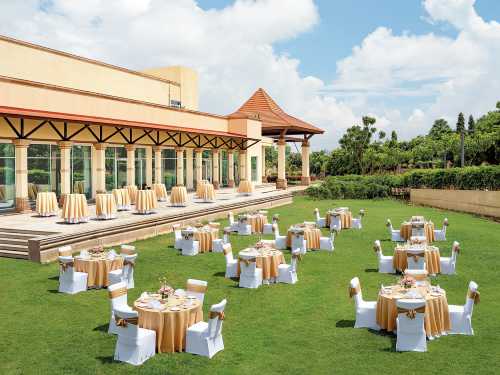The Centre and the Central Consumer Protection Authority (CCPA) Wednesday filed an application in the Delhi High Court seeking vacation of the stay on the guidelines prohibiting hotels and restaurants from levying service charge on food bills.
The court of Justice Yashwant Varma was informed about the Centre and CCPA having also filed their counter affidavits in response to the petitions challenging the July 4 CCPA guidelines which have irked the owers of hotels and restaurants.
The court asked the counsel for the two authorities to bring the documents on record after which the petitioners - National Restaurant Association of India (NRAI) and Federation of Hotels and Restaurant Associations of India may file their replies.
The court listed the matter for further hearing on October 6.
The single judge had on July 20 passed an interim order staying the guidelines. Thereafter, the Centre and CCPA had challenged the order before the division bench which asked the authorities to approach the single judge for appropriate relief.
The counsel for the authorities had contended before the division bench that the stay order was passed by the single judge without affording them an opportunity to file their replies to the petitions by certain restaurant associations against the ban which came after several complaints were received from consumers.
He had said service charge takes colour of a quasi-government or government charge and causes embarrassment if a consumer refuses to pay.
The counsel for a restaurant association had contended the issue of levying service charge was not merely like giving a tip and that it pertained to an industry practice governed by the right to business under Article 19(1)(g) of the Constitution and has been going on for 70 years.
The court, during an earlier hearing, questioned why restaurants should recover service charge from consumers as an additional and separate levy , remarking a common man perceives it as a government levy.
The court had said restaurants can increase their food prices to absorb this charge instead of recovering it in the form of an additional charge over and above the total bill.
The single judge had on July 20 said the stay is subject to the petitioners ensuring that the levy of service charge, in addition to the price and taxes, and the obligation of the customer to pay the same is duly and prominently displayed on the menu or other places.
Further, the members of the petitioner associations will also undertake not to levy service charge on takeaway items, the court had said in its July 20 order.
The NRAI claimed before the single judge that the CCPA ban under the July 4 order was arbitrary, untenable and ought to be quashed as it was imposed without an appreciation of the facts and circumstances.
Levy of service charge has been a standing practice in the hospitality industry for more than 80 years which is evident from the fact that the Supreme Court took notice of this concept way back in 1964, the petition had said.
The levying of service charge has a socio-economic angle as well. The system of levying service charge ensures that there is a systematic and logical distribution of service charge collection amongst the employees and not just the employee serving the customer in the restaurant. This ensures that the benefit is divided equally among all the staff workers including the utility workers and back staff, it had added.












